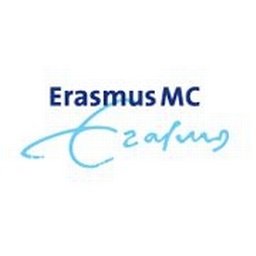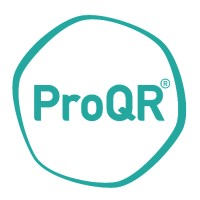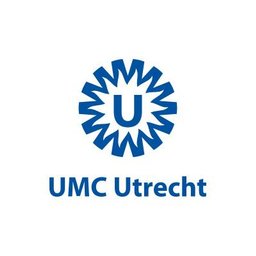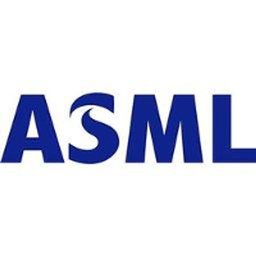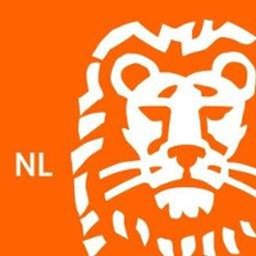Inhoud
What happens when your organs talk to each other and the immune system listens? In this internship, you'll dive into the fascinating world of liver–kidney immune crosstalk, using cutting-edge organoid models and iPSC-derived macrophages to mimic acute kidney injury in a dish. You'll help uncover how immune cells mediate communication between organs during injury, potentially revealing new targets to prevent or treat kidney damage. Topics include:
- How do iPSC-derived macrophages respond to signals from injured liver and kidney organoids?
- Which activation and differentiation markers define macrophage responses during liver–kidney crosstalk?
- How do immune signals from one organ influence injury or repair mechanisms in the other?
Main responsibilities:
- Set up and maintain co-cultures of iPSC-derived macrophages with liver and kidney organoids to model organ–organ immune interactions.
- Perform Immunohistochemistry, flow cytometry (FACS), qPCR, and cytotoxicity assays to assess macrophage-organ injury crosstalk, and immune cell activation.
- Process and analyze experimental data using relevant software tools.
- Discuss findings and present results in lab meetings and reports.
Werkomgeving
Our department focuses on research related to transplant patients, monitoring their health and the effectiveness of medications. We oversee clinical studies and investigate the underlying pathomechanisms of transplant-related diseases. Diagnostics and research go hand in hand here, enabling us to translate findings quickly into patient care. Notably, we hold the largest biobank of kidney transplant patient samples in the Netherlands.
There are currently no effective therapies for kidney allograft fibrosis or for preventing acute kidney injury driven by immune-mediated organ crosstalk. Our lab is one of the few leading groups investigating how immune cells, such as macrophages, drive injury and repair across organs. Using advanced iPSC-derived organoid models of the kidney and liver, we aim to uncover how immune responses in one organ, like the liver, can influence damage or healing in the kidney, providing new insights into complex diseases and transplant complications.
We have a friendly and international team of around 30 people, with a focused subgroup of 12 researchers working closely on this project. Collaboration and mutual support are key values for us, we believe teamwork accelerates discovery and makes work more enjoyable. Our team frequently organizes social activities, embodying a “work hard, play hard” mentality that balances dedication with fun.
Profiel
As this intern you:
- Are studying a relevant field such as biomedical sciences, molecular biology, or immunology.
- Have a background or strong interest in immunology or immune-related studies.
- Are curious about molecular mechanisms underlying diseases.
- Are persistent and motivated to overcome challenges.
- Are naturally inquisitive and eager to learn.
- Are a strong communicator and enjoys working in a collaborative team environment.
Wat bieden wij
- A temporary internship contract for 3 to 6 months.
- An internship allowance of €410 based on a 36-hour work week. Do you work less? Then your compensation will be prorated.
- Hands-on experience working in a dynamic and impactful field.
- The opportunity to contribute to meaningful projects that directly influence global preparedness strategies.
- A collaborative and multidisciplinary working environment.
- Mentorship and guidance from experienced professionals in the field.
- Flexible working hours and the possibility of remote work.
Meer informatie
Applying is easy via the application button.
Questions about the job? Do not hesitate to contact our recruiters due [email protected].
